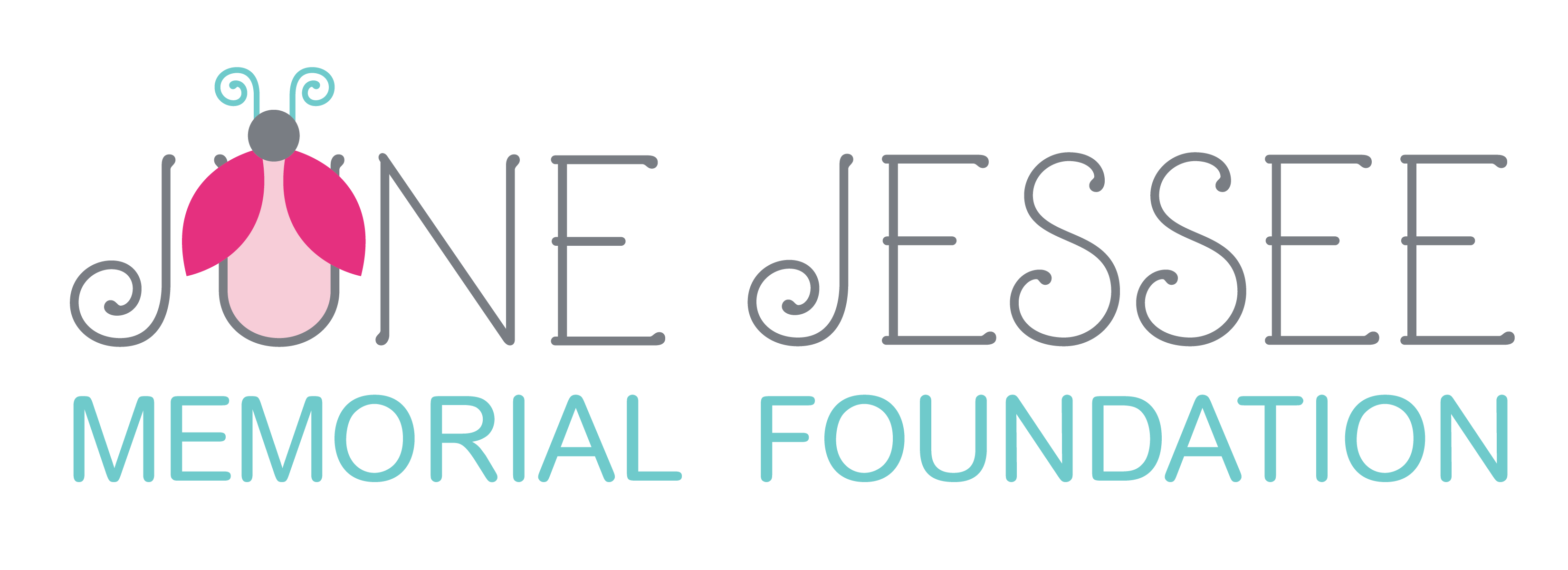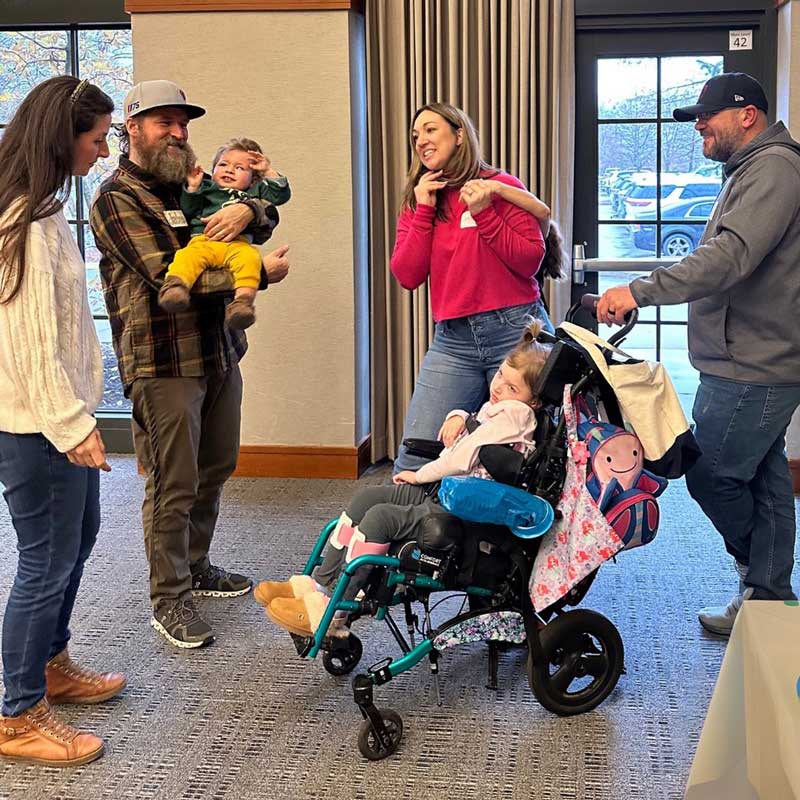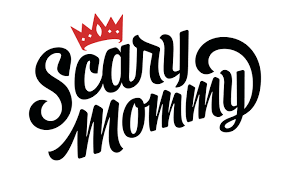Let yourself be supported
At the end of our weekly visit, June’s vision therapist, Jo, mentioned to me, “Every Wednesday morning, Delta Gamma Vision Center has a playgroup, and I think you and June would really enjoy it.” Jo held June’s hand as she lay unapologetically in her bouncy seat. June was great at lounging. So much so that we used to have a “We don’t move June” motto in our house when she was happy and content.
I could tell Jo was concerned about me by the look in her eyes and the tone of her voice. I had just spent the majority of our time together explaining our latest neurologist appointment, where we were getting nowhere with stopping June’s seizures. I felt lost, scared, and hopeless.
“Mmm..” I said, trying to avoid eye contact. I was sitting on the other side of June’s bouncy seat. What she described sounded terrible to me, but I didn’t know how to tell Jo I wasn’t interested in becoming friends with other parents like me. She loved Delta Gamma and all the families it served, and my disinterest at the time somehow felt as if I would be snubbing her, too. I didn’t want to offend her.
I suppose my reluctance to meet other families was a form of denial. This was not a club I wanted to be a part of, yet I had unwillingly accepted that I was in it. However, at that stage, I didn’t believe making friends with the other members was in the cards for me. I wanted to do what I needed to help June, but then return to “regular life” with my friends and family who were not living in the state of despair that we were personally experiencing.
“You could meet other parents in your situation, and they do some of the activities that we do at your house in a group setting. The parents talk a little bit, too.” Jo added. The diversion of my eyes was not working to change the subject.
“I am just usually pretty busy on Wednesday mornings,” I replied. “I’m not sure it will work…but maybe. I’ll keep it in mind.”
I wasn’t very busy on Wednesday mornings unless we had a doctor’s appointment, but Jo didn’t know that, and I felt like I needed an excuse to get out of this.
“Will you?” Jo looked at me with a smile and somewhat pleading eyes. “I just think it would be so good for you both. And you will have a lot of fun!” she added.
“I will,” I lied. I had no intention of going, but I wanted to end the conversation.
“Oh, good!” she said cheerfully. She seemed to latch on to the part where I said I would think about it rather than the part where I said I was busy on Wednesdays. “I just know you will enjoy it.”
In this world of caring for children with complex neurological conditions, I have learned there are two types of people: the ones who eagerly reach out for connections with others in similar situations, and those who need support but, for whatever reason, are hesitant to accept it. I was part of the latter, probably less healthy group for a long time. Until a determined therapist came along whose positive encouragement guilted me just enough to try going to one of these groups.
When the following Wednesday came around, I went to the playgroup. Not for me and not for June, but I went for Jo. I couldn’t get over the concern in her voice and how happy she was when I told her I would consider attending. I couldn’t bear another weekly visit with this type of interaction. If I just went once, maybe she would be satisfied, and we could move on. But there was a small part of me, too, that was hopeful it might also be helpful.
Connecting with the other parents in this setting felt better than I anticipated. Realizing I wasn’t alone was helpful, which is one of the most beneficial aspects of any support group. Even if you logically know you are not alone, actually meeting others makes that sentiment real.
At the same time, the group was not quite as helpful as Jo seemed to think it would be. This is due in no part to Jo or the organization; it was simply our family’s situation—ours was such a rare scenario. It felt like June was the most medically involved child there, which resulted in isolation on another level that I wasn’t expecting to feel.
As I sat in the conference room with the other parents, and it was my turn to give our introduction, I saw the look of shock and pity on others’ faces as I shared our health journey over the last 9 months. That’s when it hit me: we were the worst-case scenario; we were the “at least we aren’t the so and so” family.
This experience is part of the reason why the June Jessee Memorial Foundation hosts parent and caregiver connection events. It isn’t lost on me that I now run an organization that provides the very services I resisted so much. I saw the power that connection has to help support a family, but I also saw how it can feel discouraging, too. I want families like ours–families who feel like they are the “at least we aren’t.. family”–to have a place to turn. I want them to know they are not alone.
Often, I share with people that the mission of the June Jessee Memorial Foundation involves providing support to families no matter where they may be on their journey. For parents and caregivers out there today who may be feeling like I was when I tried to push away Jo’s encouragement to connect with families like ours, I challenge you to try. Even if you’re feeling resistant to seeking connection yourself, try going for someone in your life who wants the best for you, just like Jo did for me. I think you may find there is power in letting yourself be supported.
By Genny Jessee, JJMF Executive Director and Co-founder







